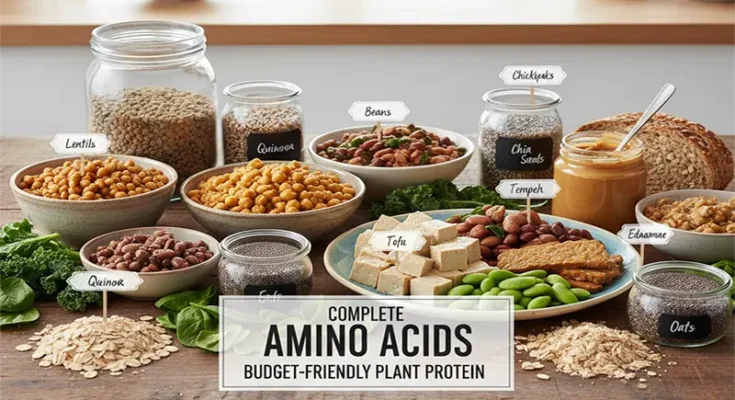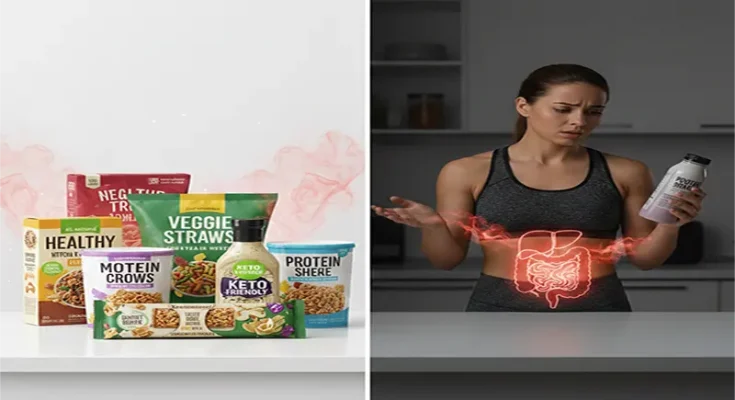
Budget-Friendly Plant-Based Protein Sources with Complete Amino Acids
For years, a persistent myth has circulated in the world of nutrition: that plant-based proteins are “incomplete” and therefore inferior for building muscle or maintaining health. This misconception often leads people to believe that a high-protein diet requires expensive cuts of meat or pricey supplements.
The reality is far more encouraging. While it is true that many plants are low in one or two specific amino acids, your body is incredibly efficient at pooling amino acids from different foods throughout the day. By strategically pairing affordable, shelf-stable ingredients, you can easily obtain all nine essential amino acids (EAAs) while significantly lowering your grocery bill.
The Science of “Complete” Protein
Proteins are made up of 20 amino acids. Eleven of these are produced by our bodies, but nine are “essential,” meaning we must get them from our diet. A complete protein is simply a food source that contains all nine of …
Budget-Friendly Plant-Based Protein Sources with Complete Amino Acids Read More



